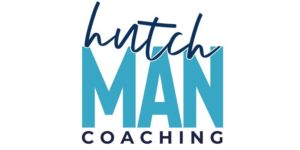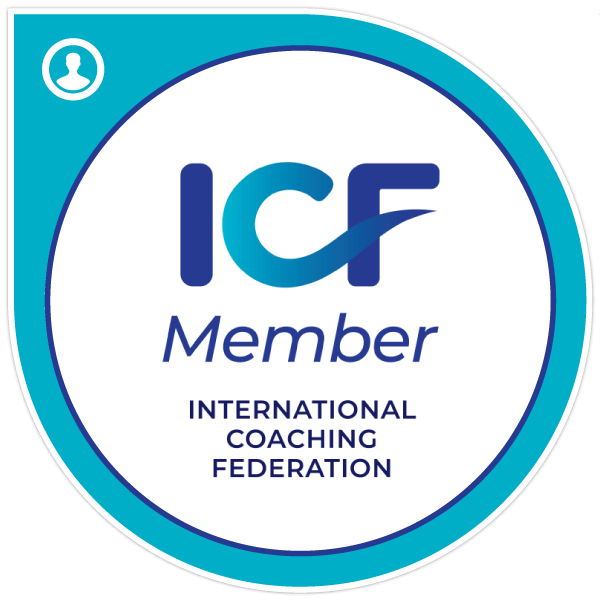Beyond quick fixes: the quiet art of coaching
When you hear “life coach,” do you picture someone dispensing generic advice and motivational quotes? The deluge of self-help content online has led to the misguided belief that coaching is little more than a mechanical process of receiving concepts and applying them to your life.
This is not to say that resources, be they in the form of books or podcasts, can’t be helpful. They can. Indeed, as an avid reader of all things psychological, I often recommend resources to my clients. But that is not the primary role of a coach. A coach’s role is first of all to listen intently, carefully, deeply. Not just to the words you say but what’s in between the words, what goes unsaid. The pauses, moments of hesitation and sighs that hint at something more.
Personally, I find this form of deep listening one of the most satisfying ways to spend my time. There’s something magical about how subtle shifts in a conversation can lead to unexpected insights. It’s about giving people more space than they’re used to having to develop their thoughts, noticing how their face lights up when they mention certain things or people, catching recurring metaphors, and sometimes just asking curious questions about what they mean by everyday yet abstract words like success and failure that can take over so much of our thinking without ever actually being explored and defined.
And just as we can explore the hidden depths of words we use every day, we can also tune into the subtle signals our bodies are constantly sending us. This is why when I chose my coaching training programme, I deliberately sought out one that included significant training in somatic approaches, particularly focusing. This approach acknowledges that your body is a source of wisdom that’s quite different from our verbal, analytical mind. Bodily wisdom is quiet and slow, unlike its quick-witted counterpart, our verbal, left-brained selves. A good coach is there to invite you to listen to that quiet music in the background that is being drowned out by the noise of everyday life.
How do you go about tuning into yourself, to magnify that barely audible melody? By slowing down and paying attention. And once you do so, by simply witnessing what you’re feeling, rather than trying to always solve it. Once we’re given the opportunity to really explore what we’re going through we discover resources we’d forgotten we had.
That is the power of coaching – excavating our overlooked gifts. You are the expert about yourself, and perhaps a coach’s most important role is to remind you that your quiet, slow wisdom is already there, waiting for the time and space to emerge.


